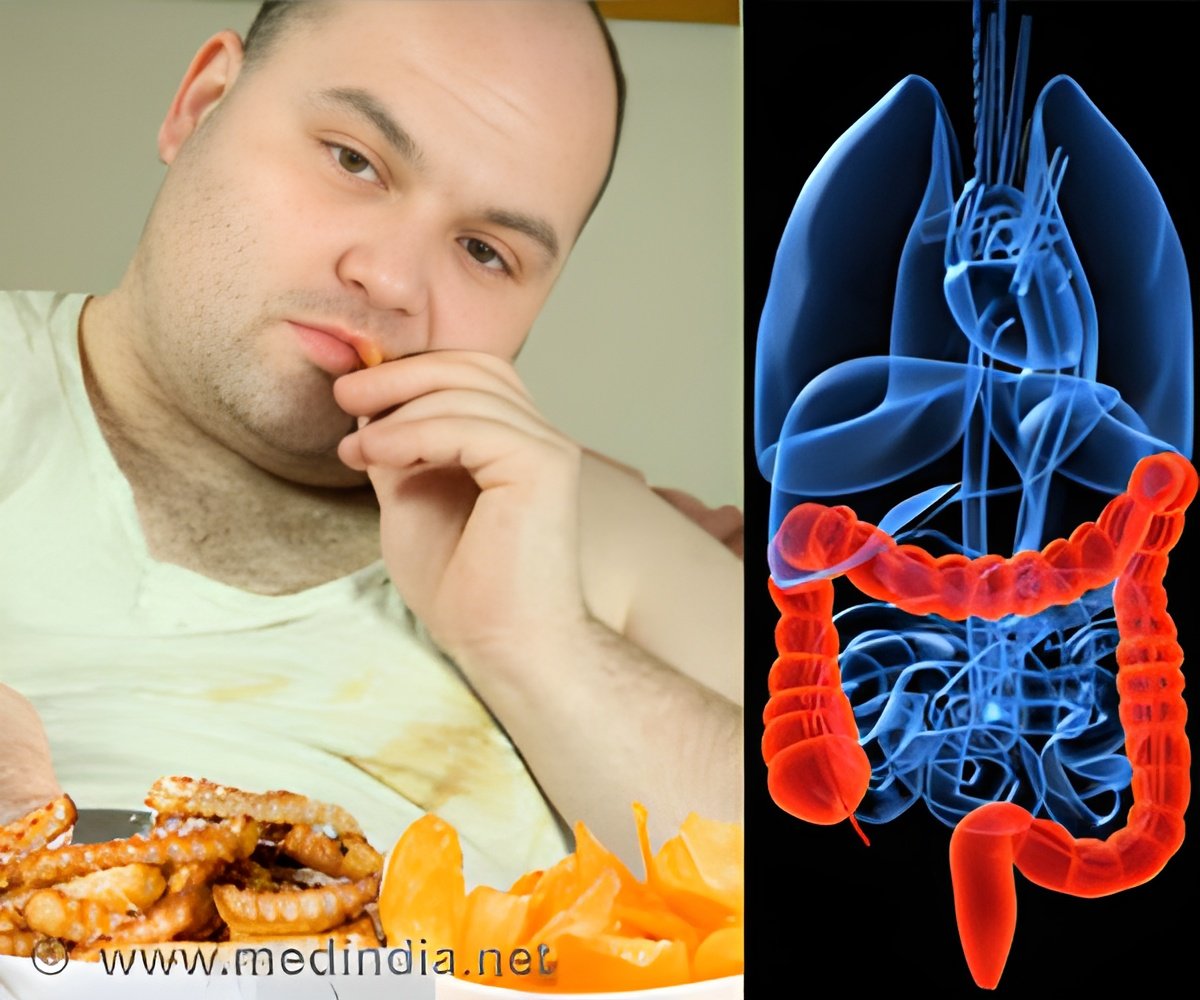A new study suggests that eating our grandparents' diet could increase our risk of colon cancer.

Those are the two questions Abby Benninghoff, an assistant professor in Utah State University's College of Agriculture and Applied Sciences, will attempt to answer - thanks to a 500,000-dollar grant from the US Department of Agriculture.
"Simply put, if your grandmother ate a poor diet, will green tea be beneficial for you or not," Benninghoff said.
Benninghoff and her two collaborators, Korry Hintze and Robert Ward, both associate professors of nutrition, dietetics and food sciences, have developed a diet that mimics typical US nutrition for studies of human cancer using animal models. In this case, rodents with cancer will be studied, which will allow Benninghoff to look at the effects of the diet on multiple generations in a short period of time.
Benninghoff, predicts that green tea will have a greater benefit to those mice that are exposed to the western diet than those on a healthy diet.
She also believes that the more generations exposed to the western diet, the greater the risk of colon cancer in the offspring.
She also hopes the consequences of this diet will be better understood for the benefit of future generations.
 MEDINDIA
MEDINDIA




 Email
Email










